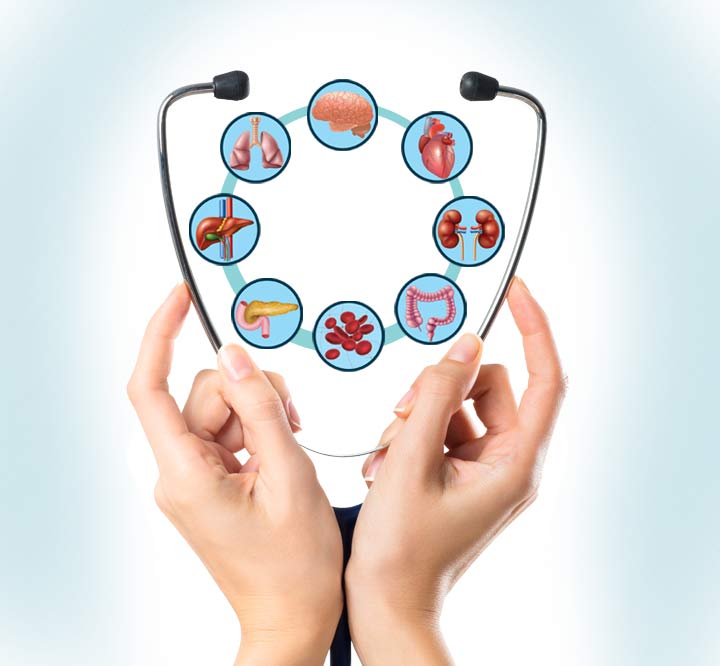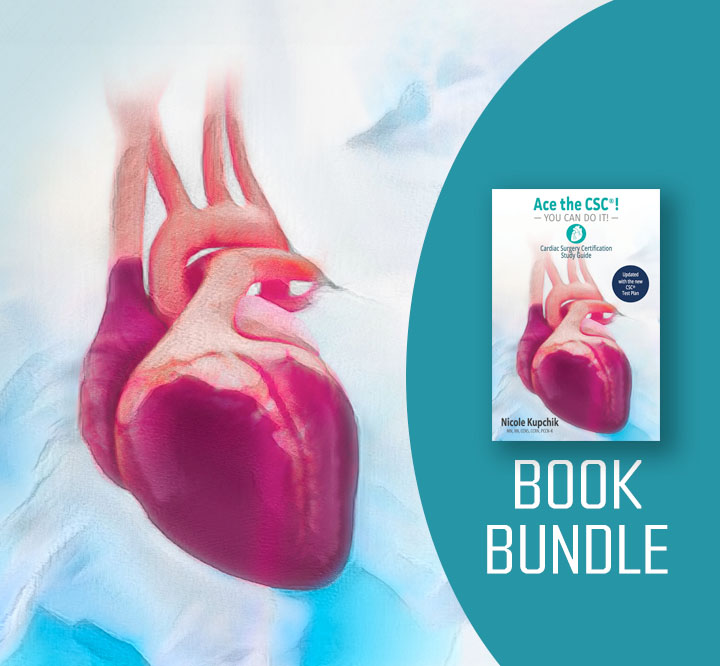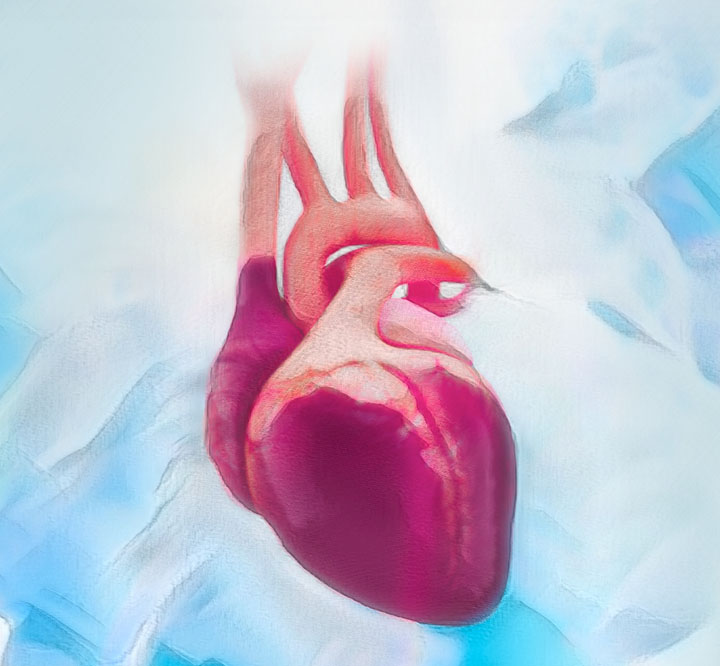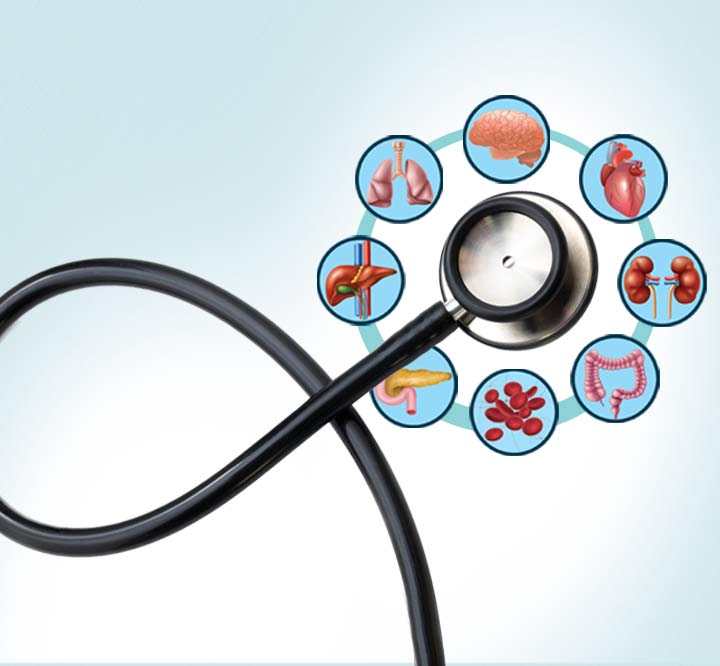Course Details
Course Format: eLearning/Self-directed course
Contact Hours: 8.0
Course Length: 474 minutes
What's Included
- 1 year unlimited 24/7 access to the online course
- 8.0 contact hours
- Downloadable PDF Study Guide
- Printable CE Certificate
Accreditation
Nicole Kupchik Consulting, Inc. is an approved provider by the California Board of Registered Nursing. Provider #16363. This program is approved for 8.0 contact hours
Learning Objectives
At the completion of this eLearning, participants should be able to
Test Plan & Cardiac Basics
- Discuss normal blood flow through the myocardium
- Describe the valves of the heart, when they are open & closed
- Discuss coronary perfusion and walls each coronary vessel supplies
Hemodynamics
- Discuss normal hemodynamic values
- Describe preload, afterload & contractility and the effects when decreased or elevated
- Discuss the use of the pulmonary artery catheter & interventions to treat abnormal values
- Discuss the hemodynamic findings of different shock states (Cardiogenic, hypovolemic, septic)
- Describe vasoactive infusions including vasopressors, positive inotropes and vasodilators and the effects on hemodynamics
- Discuss various classes of medications used to treat hypertension & hypertensive emergencies
Acute Coronary Syndrome (ACS)
- Discuss the anatomy of the 12 Lead ECG
- Describe ECG leads that visualize difference walls of the myocardium
- Discuss the differences between inferior, right ventricular, anterior, lateral & posterior wall Mis
- Discuss medication therapies for acute coronary syndrome (ACS)
- Discuss complications of myocardial infarction including cardiogenic shock, pulmonary edema, papillary muscle rupture & ventricular septal rupture
Heart Failure
- Discuss the difference between systolic & diastolic heart failure
- Describe symptoms of congestive heart failure
- Analyze the difference between left & right sided heart failure
- Discuss medications used to treat heart failure with reduced ejection fraction (HFrEF)
Valvular Disease
- Describe the difference between valvular regurgitation (insufficiency) and stenosis
- Discuss treatment modalities for aortic & mitral valve dysfunction
Arrhythmias
- Describe medications used to treat rapid rhythms (afib vs. SVT)
- Discuss the MAZE procedure to treat Afib
- Discuss treatment modalities for symptomatic bradycardia
- Describe emergent pacing options including transcutaneous & transvenous pacing
- Discuss emergent, temporary pacing codes
- Discuss treatment modalities for cardiac arrest
- Describe post cardiac arrest temperature management & side effects of therapy
Everything Else!
- Discuss signs of cardiac tamponade & how to treat it
- Review arterial blood gas analysis and Capnography
- Discuss management of ARDS and pulmonary failure
- Describe the management of ischemic stroke
Additional Information
Course Refund Policy
Our policy is valid for a period of 30 calendar days from the date of the purchase. If the period of 30 days has lapsed since the purchase, we can't, unfortunately, offer you a refund. In addition, once the course has been accessed, there are no refunds available.
Course Expiration Time Zone
Access to the course expires 1 year after purchase, regardless of when the course is accessed. Please note, courses are set to expire at 00:00 Coordinated Universal Time (UTC) on the expiry date.
For example, students in Pacific Standard Time (UTC 8 hrs ahead), will find their class expires at 4:00 PM PST. Due to the major time difference, we have set all courses to expire on day 366 so you receive a full year of access plus a few bonus hours.
Extension Policy
All courses will be limited to a maximum of one extension. The one-time extension is valid for 6 months @ 40% of the full cost of the course. Extension requests must be received via email at [email protected].
Access This Course Via Our Mobile App








